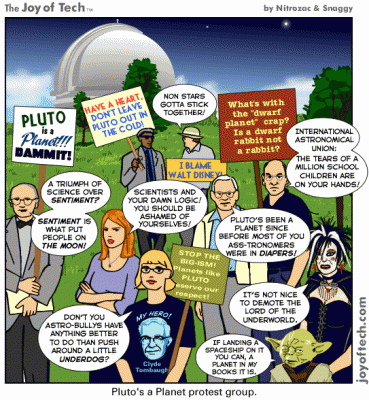In Spain, there is an association called the "Real Academia Española", The "Spanish Royal Academy", which publishes the most prestigious dictionary in the country. The Academy's opinions are prestigious but not official; that is, contrary to what happens in France with the Académie, the Spanish Academia does not rule about what is "real" Spanish and what isn´t.
Well, the dictionary gives this as the first and sixth definitions in its long entry on poesía, "poetry":
Expression of beauty or of aesthetic feeling through words, in prose or verse.
Idealization, lirical quality, that which provokes a deep feeling of beauty, expressed or not in language
This is nonsense, because it is incomplete. Well, it is a dictionary, not an enciclopedia or a literary manual, but still. The problem is that it does not make sufficiently clear that "beauty" is a quality of the work, not necessarily a quality of the people, objects, or events poetry describes. Let's see. Can we write poetry of the ugly? of course we can. The beginning of the Iliad deals with a man getting very angry with another because on the course of a war, they are fighting about which one gets to keep an enslaved priestess. That is not a pretty topic! If we like the Iliad it is because it shows beautiful language and because it makes familiar things unfamiliar.
Another example. Shakespeare. Richard III. What is there of beauty is a hunchback, a man considered ugly by all the other characters, telling the audience how he plans to kill all his relatives because the have a better claim to the throne that he has? The words he uses, those original, beautiful-sounding word.
A problem arises, of course, when the poet is not good enough or the circumstances are so close to us that the familiar cannot be made unfamiliar. I don't think Turks or Africans or the children of victims of gender violence would appreciate Othello. But as Shakespeare proves, that doesn’t mean that a jealous husband killing his wife is unfit for poetry.
^^^^^^^^^^^^^^^^^^^^^^
La Real Academia Española, al contrario de lo que mucha gente piensa, tiene opiniones prestigiosas pero que no son oficiales y normativas. Es decir, no como en Francia, donde la Académie decide qué es lengua francesa y qué no, la Academia no decide qué es español y qué no (vimos una muestra de ello cuando elaboró un informe diciendo que era incorrecto el uso de la palabra “género” para querer decir “sexo femenino o masculino” en la Ley Integral de Medidas contra la Violencia de Género; el Parlamento aprobó la Ley con el nombre que quiso, dijera lo que dijera la RAE). Esto es lo que el Diccionario de la RAE da como primera y sexta acepciones de la palabra "poesía":
1. Manifestación de la belleza o del sentimiento estético por medio de la palabra, en verso o en prosa.
6. Idealidad, lirismo, cualidad que suscita un sentimiento hondo de belleza, manifiesta o no por medio del lenguaje.
Dicho así me parece un poco absurdo, porque queda incompleto. Se trata de un diccionario y no de una enciclopedia o un manual de Literatura, pero aún así. El problema está en que no queda suficientemente claro que la belleza es una cualidad de la obra, no de la gente, objetos o acciones que la poesía describe. Veamos. ¿Se puede escribir poesía sobre cosas feas? Por supuesto que sí. El principio de la Ilíada trata acerca de un hombre que se enfada muchísimo con otro, porque en el transcurso de una guerra no se ponen de acuerdo sobre cuál de ellos se queda con una sacerdotisa que ha sido apresada y convertida en esclava. ¡No es un tema muy bello que digamos! Si nos gusta la Ilíada, es porque utiliza un lenguaje hermosísimo y porque vuelve ajenas cosas que nos resultan familiares.
Otro ejemplo. Shakespeare. Ricardo III . ¿Qué hay de bello en un jorobado, un hombre considerado monstruoso por todos los demás personajes de la obra, contándole al público que piensa matar a la mayoría de sus parientes porque se interponen entre él y la sucesión al trono? Pues las palabras que utiliza, ese fabuloso lenguaje Shakesperiano.
Surge un problema, naturalmente, cuando el poeta no es lo bstante bueno o las circumstancias son tan cercanas que no se puede crear algo original. No creo que turcos, africanos, o los hijos de víctimas de violencia de género, por ejemplo, puedan disfrutar de Otelo. Pero como Shakespeare demuestra, eso no quiere decir que un marido celoso que mata a su mujer no pueda ser objeto poético. Y ahí, encontrar belleza en algo que no sean las palabras se pone complicado. Quizá la razón de que no me convenza la definición de la Real Academia es que parece pensada sólo para la poesía lírica.
